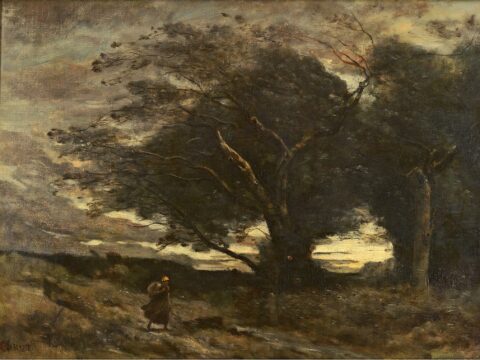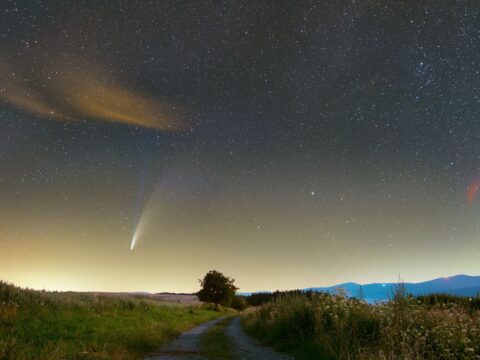
For it is impossible for those who were once enlightened, and have tasted of the heavenly gift, and were made partakers of the Holy Ghost, And have tasted the good word of God, and the powers of the world to come, If they shall fall away, to renew them again unto repentance; seeing they crucify to themselves the Son of God afresh, and put him to an open shame.
Heb 6:4-6
The apostle here speaks of hypocrites; he shows how far they may go, and yet fall away.
(1.) They who were once enlightened. Men may have great illuminations—yet fall away. Was not Judas enlightened?
(2.) They have been made partakers of the Holy Spirit; the common gifts of the Spirit, not the special grace.
(3.) They have tasted the good word of God. Tasting here is opposed to eating: the hypocrite may have a kind of taste of the sweetness of religion—but his taste does not nourish. There is a great deal of difference between one who takes a gargle, and a one who takes a cordial. The gargle only washes his mouth—he tastes it, and spits it out again; but a cordial is drunk down, which nourishes and cherishes the spirits. The hypocrite, who has only some smack or taste of true religion—as one tastes a gargle—may fall away.
(4.) And have felt the powers of the world to come; that is, they may have such apprehensions of the glory of heaven as to be affected with it, and seem to have some joy in the thoughts of it—yet fall away; as in the parable of the stony ground. Matt 13:20.
All this is spoken of the hypocrite; but it does not therefore prove that the true believer, who is effectually wrought upon, can fall away. Though comets fall, it does not follow that true stars fall. That this Scripture does not speak of sound believers, is clear from verse 9: “But we are persuaded better things of you—and things which accompany salvation.”
Thomas Watson. A Body of Divinity.



